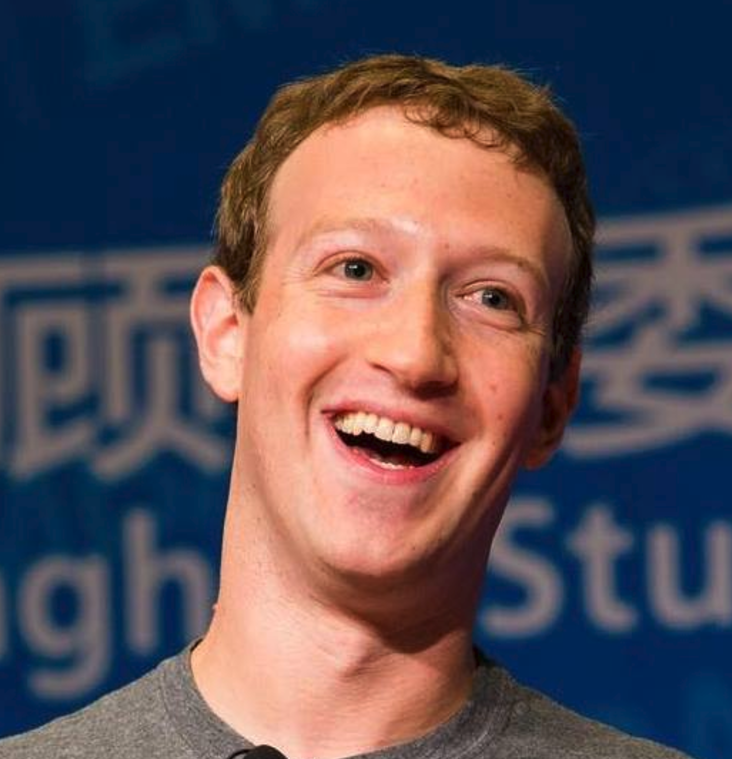
On Facebook Live, CEO Mark Zuckerberg pledged to cooperate with both Congress and Special Counsel Robert Mueller on the investigations regarding Russian interference with our election. The company will turn over confidential information to the government, but not release it to the public, posted Facebook Vice President, Elliot Schrage.
Zuckerberg said that Facebook has “built teams dedicated to working on election integrity and preventing governments from interfering in the elections of other nations. And as we’ve shared before, our teams have found and shut down thousands of fake accounts that could be attempting to influence elections in many countries, including recently in the French elections.”
While admitting that it “wouldn’t be realistic” to “prevent all governments from all interference,” he said that Facebook can “make it a lot harder. And that’s what we’re going to do.”
To that end, he announced 9 steps that the company is taking:
1. We are actively working with the US government on its ongoing investigations into Russian interference. We have been investigating this for many months, and for a while we had found no evidence of fake accounts linked to Russia running ads. When we recently uncovered this activity, we provided that information to the special counsel. We also briefed Congress — and this morning I directed our team to provide the ads we’ve found to Congress as well. As a general rule, we are limited in what we can discuss publicly about law enforcement investigations, so we may not always be able to share our findings publicly. But we support Congress in deciding how to best use this information to inform the public, and we expect the government to publish its findings when their investigation is complete.
2. We will continue our investigation into what happened on Facebook in this election. We may find more, and if we do, we will continue to work with the government. We are looking into foreign actors, including additional Russian groups and other former Soviet states, as well as organizations like the campaigns, to further our understanding of how they used our tools. These investigations will take some time, but we will continue our thorough review.
3. Going forward — and perhaps the most important step we’re taking — we’re going to make political advertising more transparent. When someone buys political ads on TV or other media, they’re required by law to disclose who paid for them. But you still don’t know if you’re seeing the same messages as everyone else. So we’re going to bring Facebook to an even higher standard of transparency. Not only will you have to disclose which page paid for an ad, but we will also make it so you can visit an advertiser’s page and see the ads they’re currently running to any audience on Facebook. We will roll this out over the coming months, and we will work with others to create a new standard for transparency in online political ads.
4. We will strengthen our ad review process for political ads. To be clear, it has always been against our policies to use any of our tools in a way that breaks the law — and we already have many controls in place to prevent this. But we can do more. Most ads are bought programmatically through our apps and website without the advertiser ever speaking to anyone at Facebook. That’s what happened here. But even without our employees involved in the sales, we can do better.
5. We are increasing our investment in security and specifically election integrity. In the next year, we will more than double the team working on election integrity. In total, we’ll add more than 250 people across all our teams focused on security and safety for our community.
6. We will expand our partnerships with election commissions around the world. We already work with electoral commissions in many countries to help people register to vote and learn about the issues. We’ll keep doing that, and now we’re also going to establish a channel to inform election commissions of the online risks we’ve identified in their specific elections.
7. We will increase sharing of threat information with other tech and security companies. We already share information on bad actors on the internet through programs like ThreatExchange, and now we’re exploring ways we can share more information about anyone attempting to interfere with elections. It is important that tech companies collaborate on this because it’s almost certain that any actor trying to misuse Facebook will also be trying to abuse other internet platforms too.
8. We are working proactively to strengthen the democratic process. Beyond pushing back against threats, we will also create more services to protect our community while engaging in political discourse. For example, we’re looking at adapting our anti-bullying systems to protect against political harassment as well, and we’re scaling our ballot information tools to help more people understand the issues.
9. We have been working to ensure the integrity of the German elections this weekend, from taking actions against thousands of fake accounts, to partnering with public authorities like the Federal Office for Information Security, to sharing security practices with the candidates and parties. We’re also examining the activity of accounts we’ve removed and have not yet found a similar type of effort in Germany. This is incredibly important and we have been focused on this for a while.
These 9 points are from Zuckerberg’s Facebook post